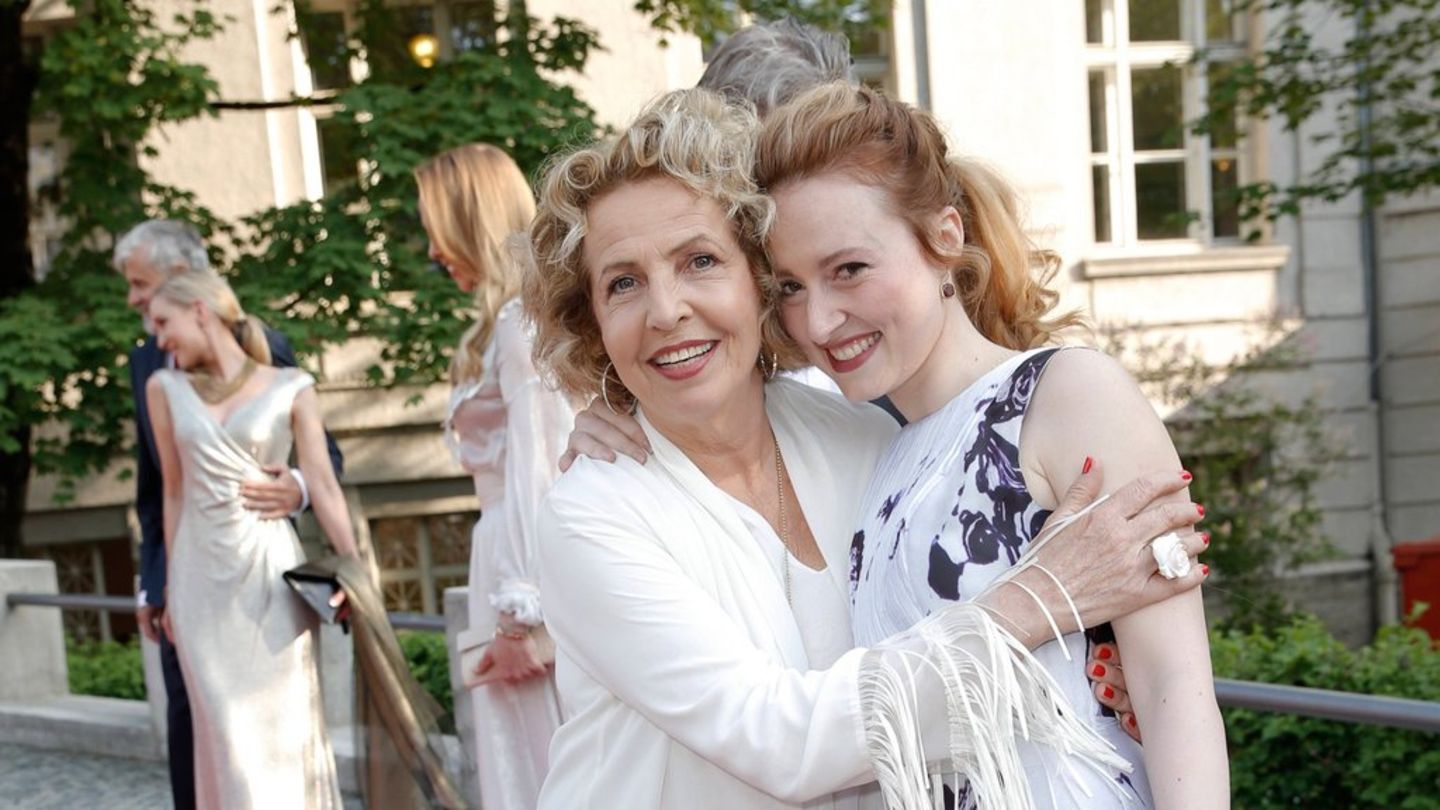Image: APA/EVA MANHART
According to the public prosecutor’s office in St. Pölten, the two suspects aged 14 and 17 who are in custody deny alleged plans to attack the Vienna rainbow parade at the weekend. The young people “concede participation in chats, but deny the seriousness of their intentions,” spokesman Leopold Bien told APA on Tuesday. The public prosecutor’s office has lodged a complaint against the release of a 20-year-old from prison, as the “Kurier” also reported.
After the complaint, the higher regional court in Vienna was on the train, said Bien. According to the regional court in St. Pölten, there is “no urgent suspicion” against the 20-year-old.
Raised in an orderly family environment
In a broadcast, the St. Pölten People’s Party called for a summit with security authorities, integration experts and all local council factions, “because those responsible have looked the other way for long enough.” “It’s unbearable that St. Pölten keeps coming up for investigations into terrorism,” said the VP club chairman in the municipal council, LAbg Florian Krumböck. He referred to the currently uncovered attack plans, the terrorist attack in November 2020 in Vienna or house searches in 2017 after the explosion of a pizzeria in Hollabrunn: “The provincial capital keeps coming into focus here. We therefore urgently need to talk in St. Pölten about how we can prevent the religious and social radicalization of young people.”
The three suspected Islamists are being investigated for belonging to a terrorist organization and criminal organisation. The trio was arrested on Saturday afternoon – about an hour before the start of the parade. On Sunday, two suspects were taken into custody because of the risk of committing a crime, and the 20-year-old brother of the 17-year-old was released. The two older suspects live in St. Pölten, the 14-year-old lives in Vienna.
According to the latest information from the APA, all three boys grew up in orderly family circumstances. Your parents should not have any strong religious beliefs or even radical Islamist tendencies. The suspects are likely to have radicalized online and not in mosques. Recently, they did not pursue a regulated, structured everyday life – one had broken off an apprenticeship as an insurance salesman, the youngest is said to have attended school rather irregularly.
Source: Nachrichten




